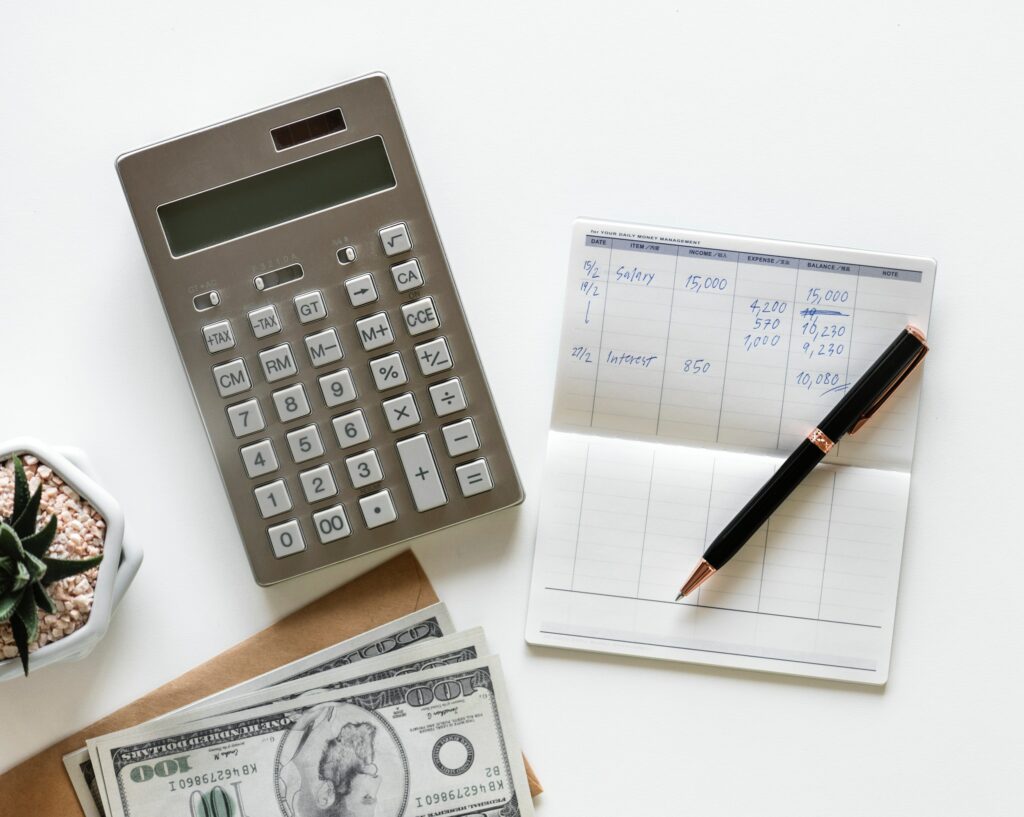Security Deposits: What Jacksonville Rental Owners Need to Know

Before you hand over the keys to your Jacksonville rental home, you need to collect a security deposit from the tenant who will be moving into the property. The most important thing to remember about the security deposit is that it’s completely refundable. This is the tenant’s money throughout the lease period. As the property owner, you’re simply holding the deposit to protect against unpaid rent or property damage at the end of the tenancy.
If there’s going to be a dispute between landlords and tenants, it will likely concern the security deposit. To help you avoid any type of conflict with this money, we’re talking about what you need to know when it comes to Florida’s security deposit law and how it pertains to your Jacksonville rental home.
Collecting the Security Deposit
Unlike other states, there is no limit to the amount you can collect in a security deposit. Typically, landlords will ask for the equivalent of one month’s rent. You can ask for more, but remember that good tenants have options. If your security deposit requirement is unreasonably large, they’re going to rent another Jacksonville rental property.
You do have to provide written notice after you’ve received a tenant’s security deposit. You’ll have 30 days to tell the tenant how the funds are being kept, and where they’re being kept. You need to provide the name and address of the bank you’re using and you’ll have to identify whether the deposit is being held in an interest-bearing account. We recommend that you include this information in the lease agreement, which will satisfy the legal requirement that the tenant has been notified.
Holding the Security Deposit
You have the option of holding the security deposit in an interest-bearing account or an account that doesn’t accrue interest. You can also take out a surety bond in Duval County, but there aren’t a lot of landlords doing that.
When you choose an interest-bearing account, you’ll be required to pay any interest earned to the tenant at the end of every year and when the lease expires. You might choose to credit that interest amount back to the tenant in the form of reduced rent, or you can give the full amount directly to the tenant separate of rent.
When you choose to use a non-interest-bearing account, make sure that you aren’t allowing the security deposit to mingle with any other funds. You can’t use the money before it’s actually owed to you, and if the deposit is in your own personal bank account, this will be an easy mistake to make.
Returning the Security Deposit
Florida law requires you to return the tenant’s security deposit within 15 to 30 days after the tenant has moved out of the rental property. That may seem like a broad range, but it depends on whether you’re making any deductions from the deposit.
If you conduct your move-out inspection and the property is in the same condition as it was when the tenant took possession, you’ll want to return the full deposit. In this case, you have 15 days to send the security deposit back to the tenant. If you’re going to make deductions for unpaid rent, property damage, or cleaning costs, you’ll have to send a written notice to the tenant within 30 days explaining your deductions and your intention to keep part or all of the deposit.

This is only an overview of the security deposit process in Florida. There’s a lot more involved in the way you manage your tenant’s security deposit, particularly if you’re making deductions. When you need help with security deposit questions or anything related to Jacksonville property management, please contact us at Red Rooster Property Management.
